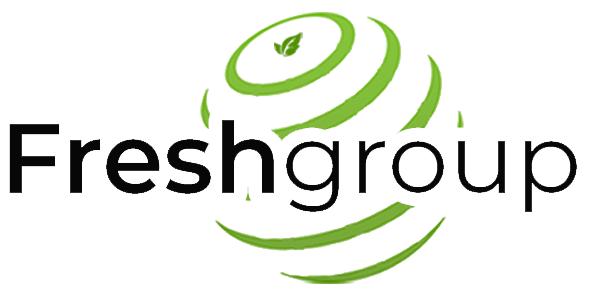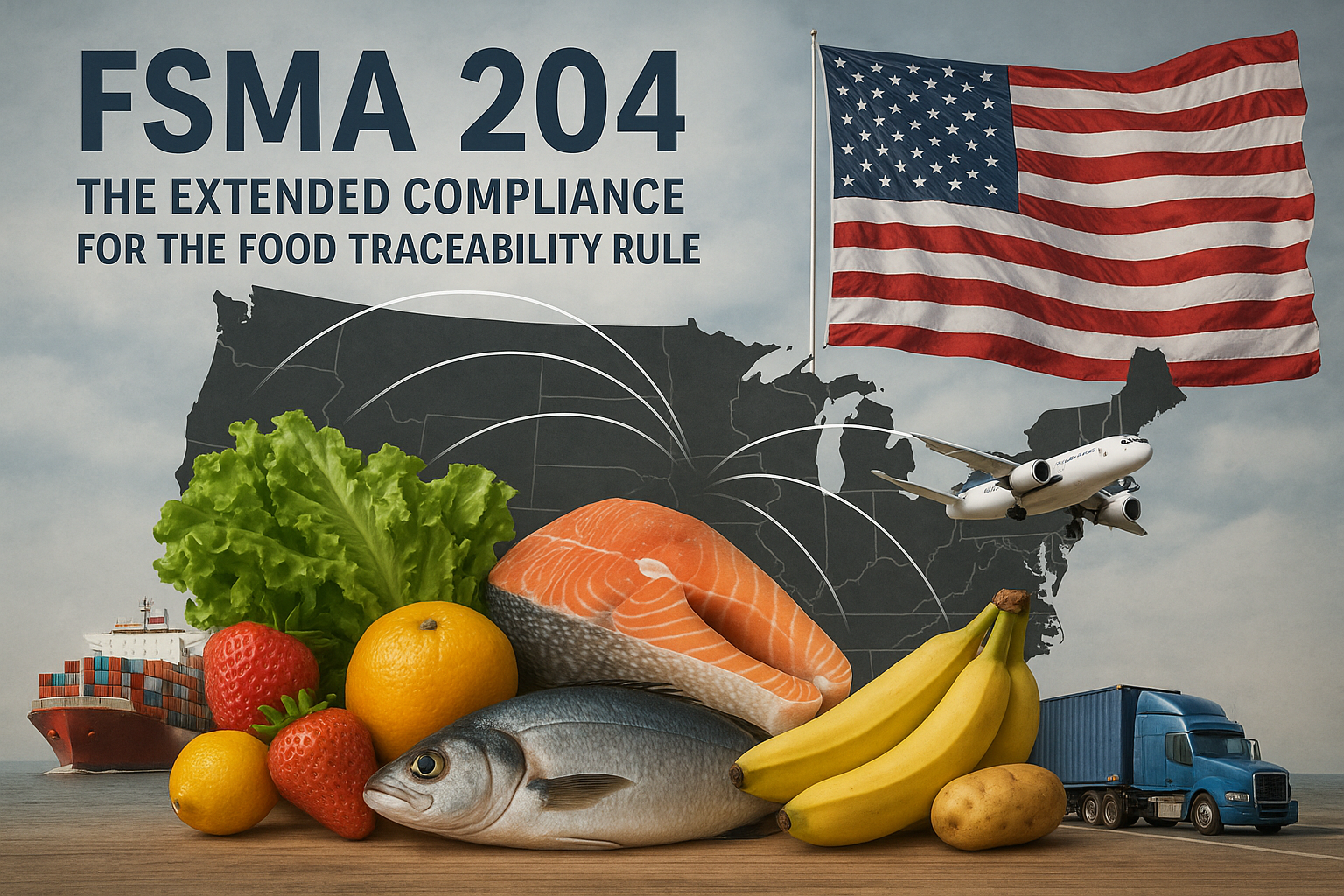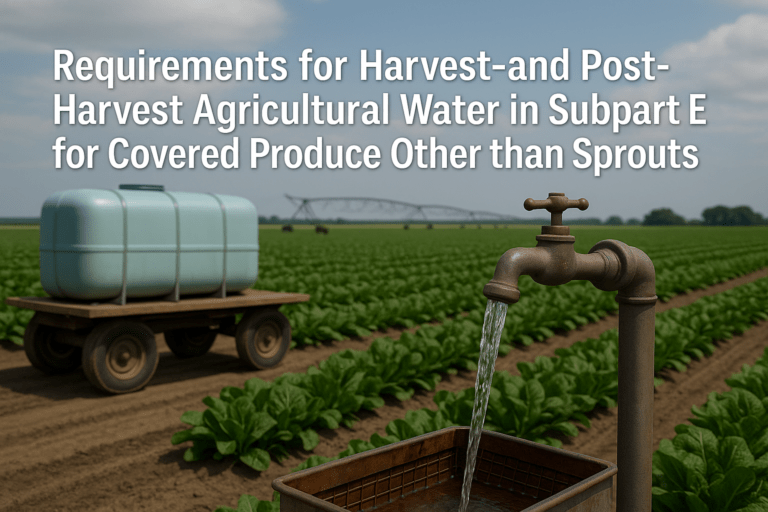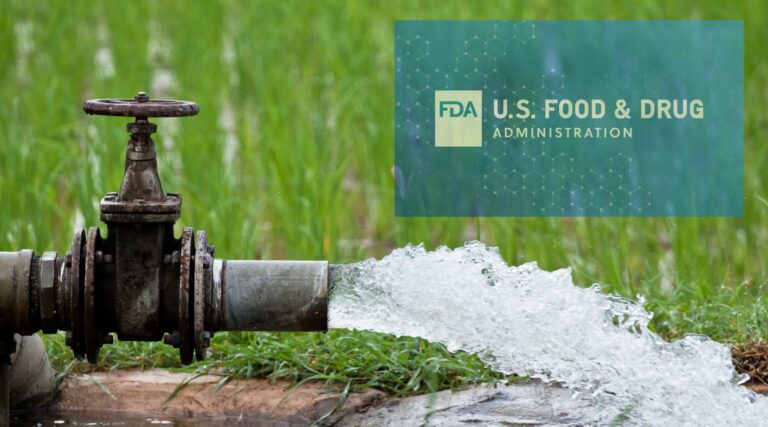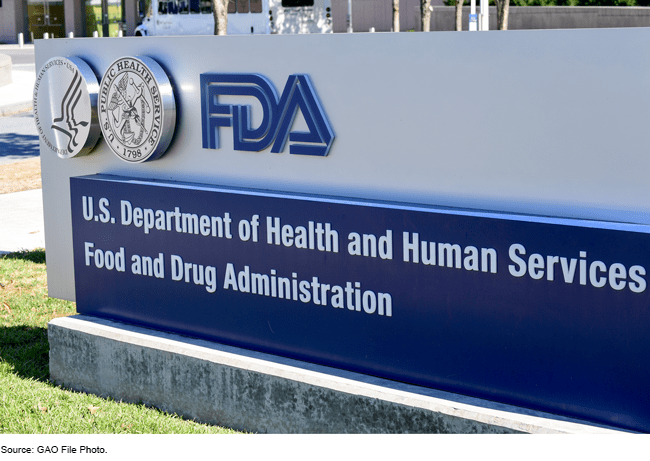Published: March 20, 2025
The U.S. Food and Drug Administration (FDA) has officially announced its intention to extend the compliance deadline for the Food Traceability Rule, also known as FSMA 204, by 30 months. This extension, which moves the compliance date from January 2026 to July 2028, gives food industry stakeholders crucial time to fully prepare for the rigorous new requirements. The extension will be formalized through appropriate regulatory procedures, including a proposed rule in the Federal Register.
What Is FSMA 204 and Why Does It Matter?
FSMA 204 is a vital component of the FDA’s broader Food Safety Modernization Act (FSMA), designed to strengthen food safety practices by enhancing traceability across the food supply chain. At its core, FSMA 204 requires entities such as food manufacturers, processors, packers, and holders—especially those handling foods listed on the Food Traceability List (FTL)—to keep detailed traceability records. These include Key Data Elements (KDEs) associated with Critical Tracking Events (CTEs), enabling faster identification and removal of potentially contaminated foods.
The regulation is particularly focused on high-risk foods like leafy greens, fresh-cut fruits, and certain seafood products. By requiring meticulous documentation at each step of a food product’s journey, FSMA 204 enhances the FDA’s ability to respond swiftly to foodborne illness outbreaks and protect public health.
Extended Compliance Timeline: A Strategic Move
While the FDA remains fully committed to the final rule’s implementation, the decision to extend the compliance date does not alter the requirements themselves. Rather, the extension acknowledges the logistical and technical challenges many businesses face—especially smaller companies and those reliant on less-equipped supply chain partners.
The additional 30 months will allow for the development and refinement of systems, infrastructure, and inter-organizational coordination necessary for compliance. Even companies well-positioned to meet the original 2026 deadline expressed concerns, citing dependencies on data from upstream or downstream partners who may not be similarly ready.
A Rule That Demands Coordination Across the Industry
Unlike previous regulatory frameworks, FSMA 204 significantly increases the level of coordination required across the food industry. The final rule establishes new recordkeeping standards beyond existing regulations and mandates real-time data capture at key points in the supply chain. These points—CTEs—include moments when food is harvested, received, transformed, or shipped. At each stage, stakeholders must document specific KDEs, such as dates, times, locations, and lot codes.
This level of detail creates a consistent and transparent record that can be quickly accessed in the event of an outbreak, helping regulators trace food back to its origin and prevent further public health risks.
FDA’s Continued Support and Stakeholder Engagement
During the extended compliance period, the FDA plans to work closely with stakeholders across the food system. The agency will continue participating in cross-sector dialogues, offering technical assistance, and distributing tools and guidance to support implementation. These efforts aim to overcome operational challenges and ensure that the entire food industry—both domestic and foreign entities producing for U.S. consumption—is ready for full compliance by July 2028.
Looking Ahead: A More Resilient Food Safety Framework
Though the compliance timeline has shifted, the FDA’s mission remains unchanged: to improve food safety, enhance transparency, and protect consumers. FSMA 204 represents a major leap forward in how food traceability is handled in the United States. By allowing for additional preparation time, the FDA is helping ensure that this leap is both practical and sustainable.
Ultimately, the successful implementation of FSMA 204 will not only reduce the risks associated with foodborne illnesses but also promote a more coordinated, efficient, and trustworthy food supply chain—benefiting consumers, industry players, and public health systems alike.
Source: United States Food and Drug Administration (FDA)
Reach out to Fresh Group Food Safety And Quality Consulting for any inquiries related to food quality and safety.
